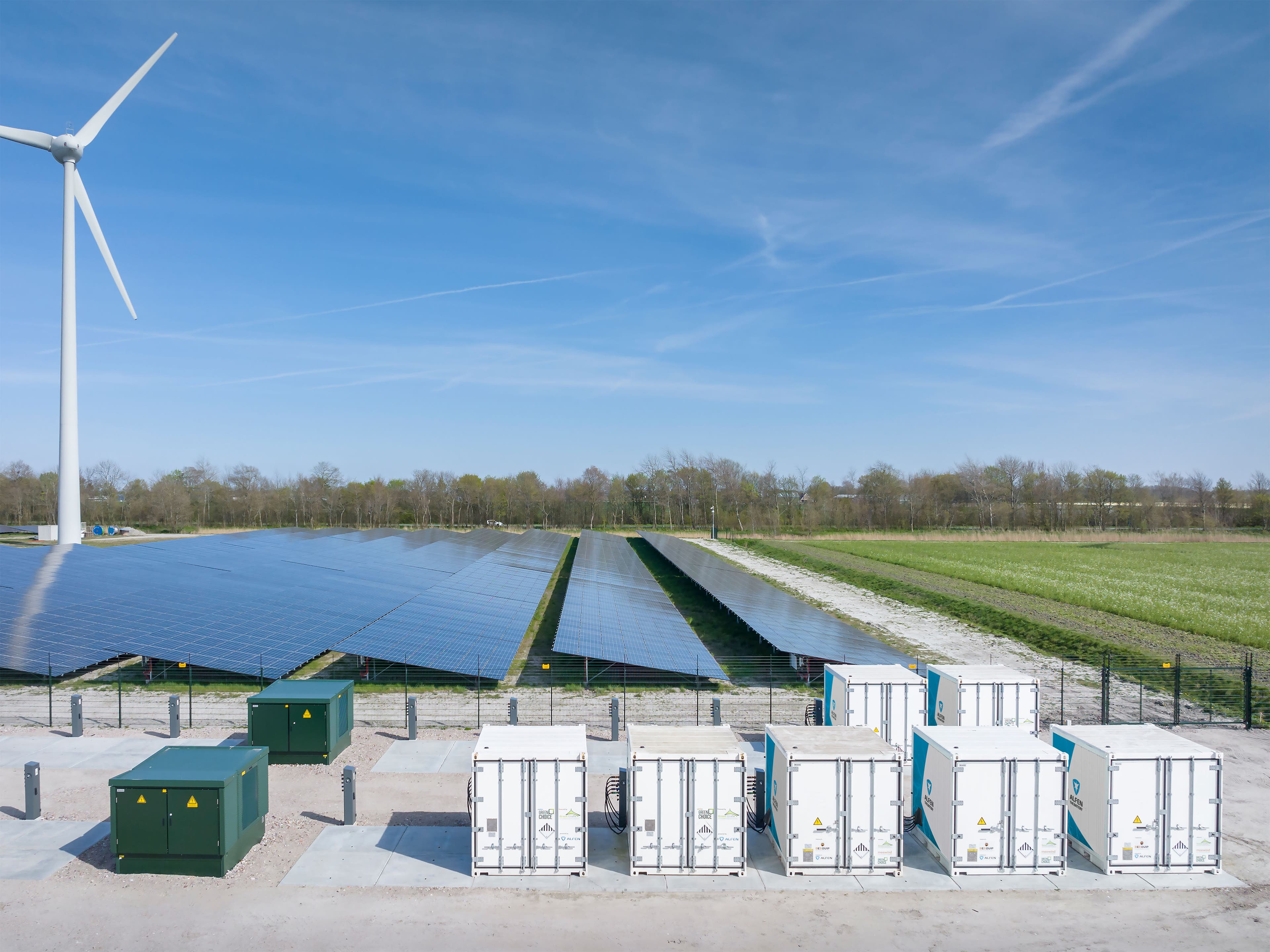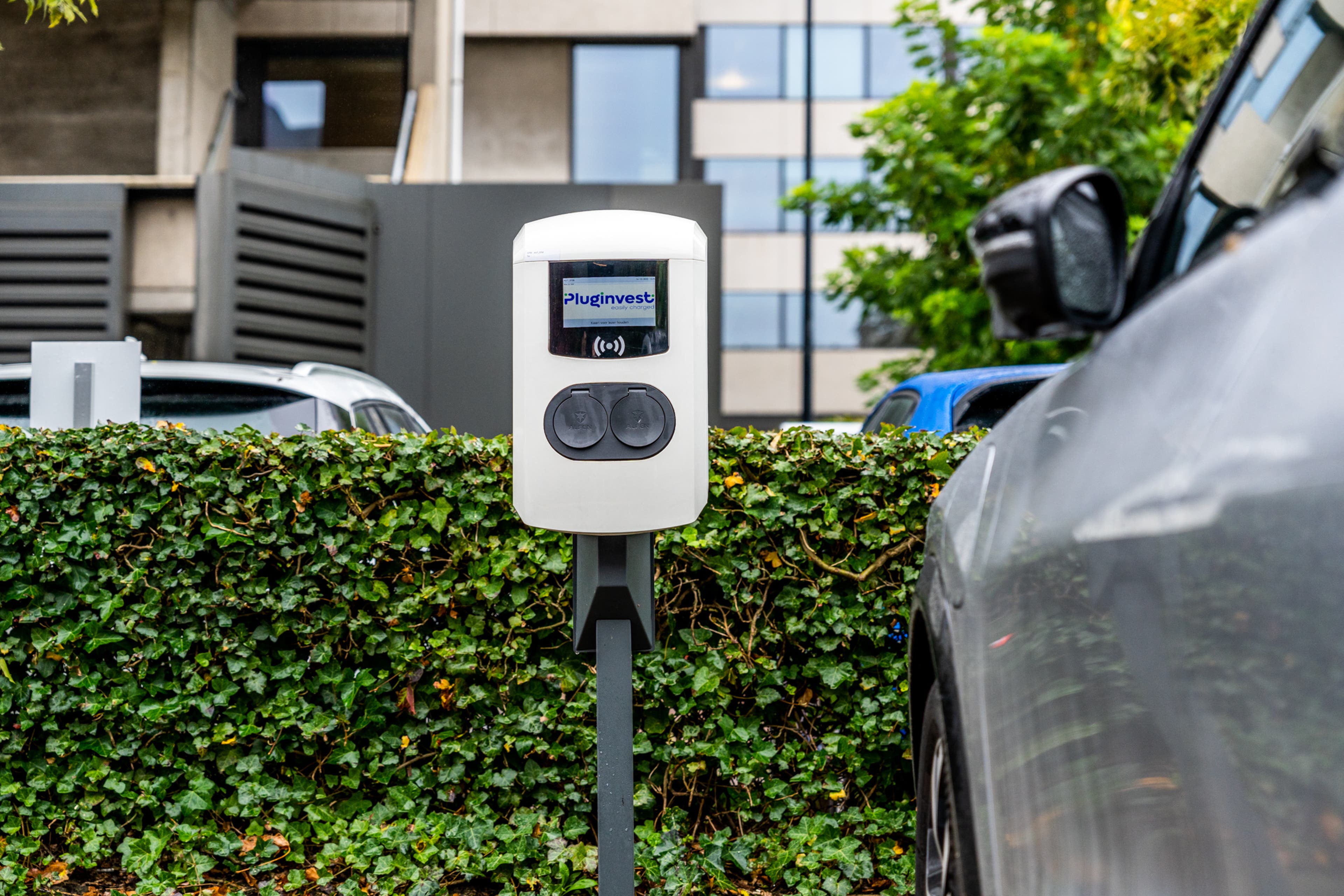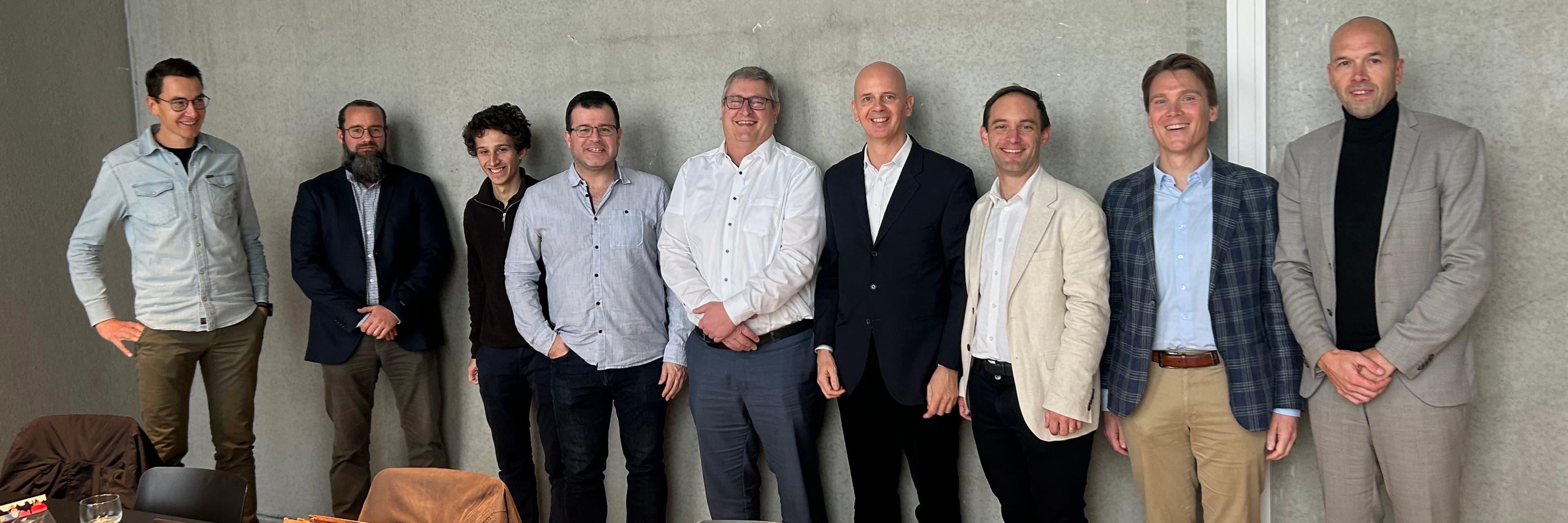
The electricity grid of the future
Founded in 1937, Alfen manufactures and integrates innovative smart energy solutions to help accelerate the transition to a sustainable energy future. Our electric vehicle charging stations, energy storage solutions and transformer substations are all designed for integration and interoperability and offer the highest level of data security. Constructed in-house from A-grade European components, they are chosen by utilities, grid operators and energy companies for their reliability and flexibility to help innovate, inform and optimise projects.
Whether you are using Alfen to deliver a smart energy project, supply and connect a substation, integrate a battery or charge your car, you can be confident that you have one of the highest quality solutions available and that it was designed with the future in mind.
Smart energy solutions
Our long history of distribution grid innovation makes Alfen a highly experienced partner for smart energy products and projects. We design, install, connect, automate and maintain various types of public and private projects. These typically incorporate our own manufactured solutions but also extend to connection and integration of commercial renewables projects.
Three product lines: integrated solutions
Alfen is unique in its ability to offer integrated solutions across our product lines. All our products are built from the same foundation and can be seamlessly integrated.
Electricity issues will become increasingly complex as the energy transition progresses to the next phase and more electricity is generated, transported and consumed. Alfen is unparalleled in its ability to deliver integral electricity solutions by seamlessly combining its products.
Customer success

POHL Group accelerates e-mobility expansion with new solar carport solution

Pluginvest installs Alfen's EV chargers at Vanbreda Risk & Benefits in Antwerp





